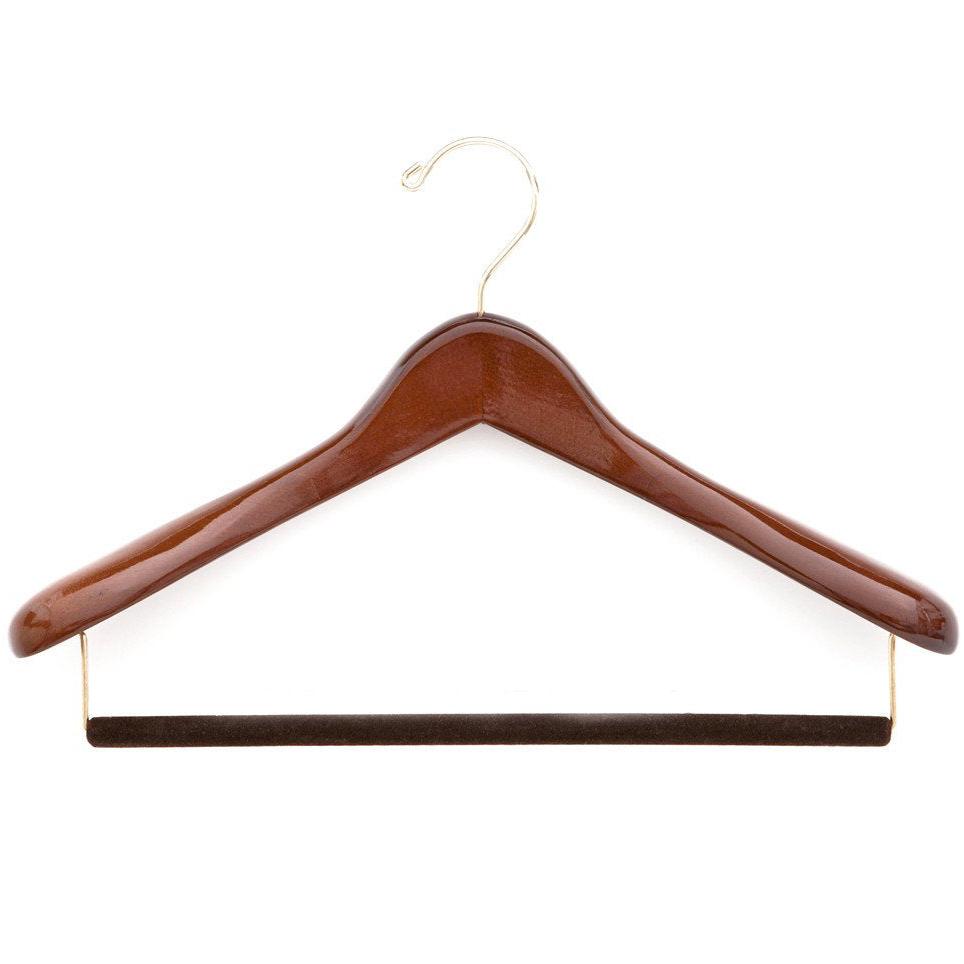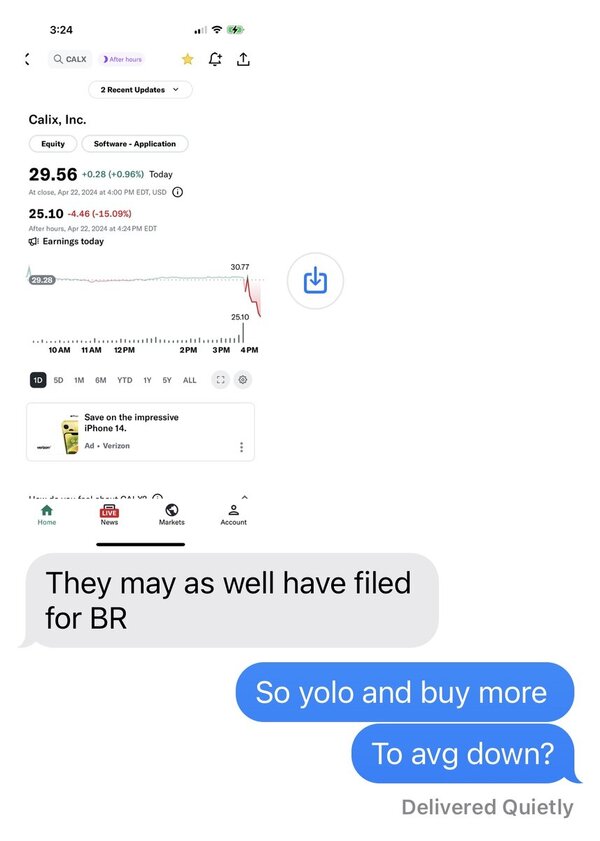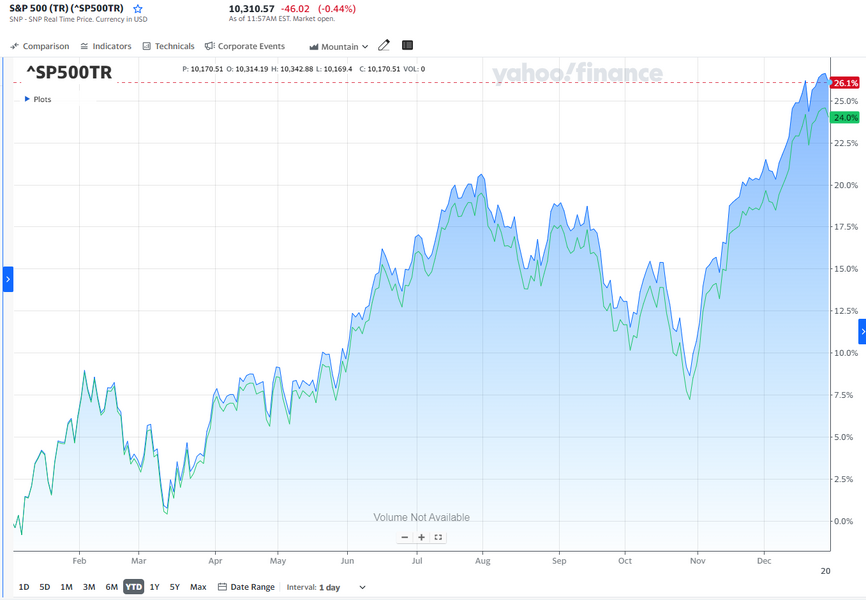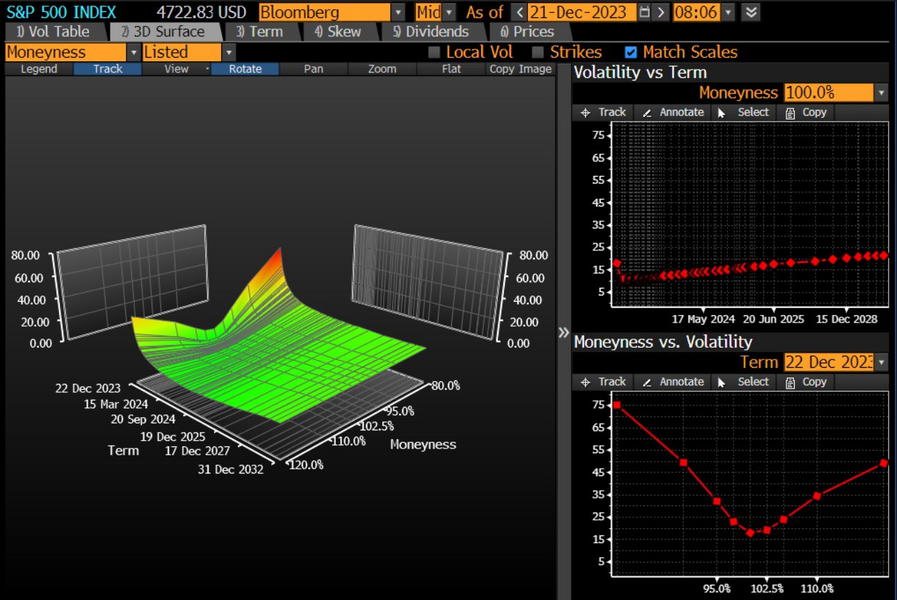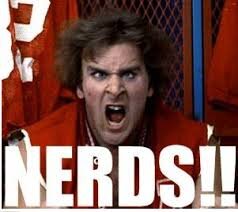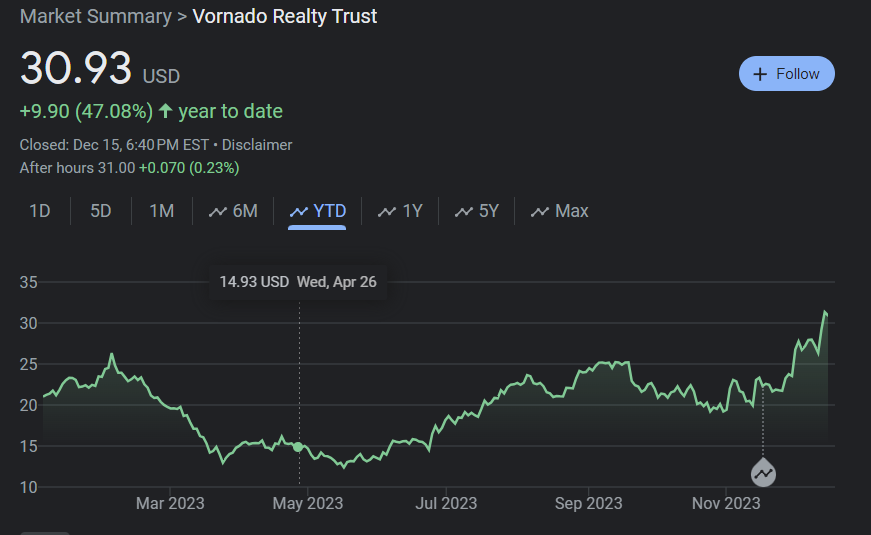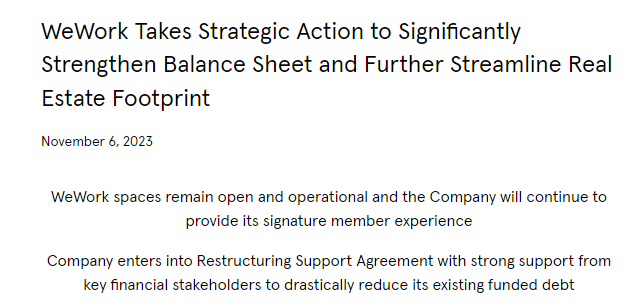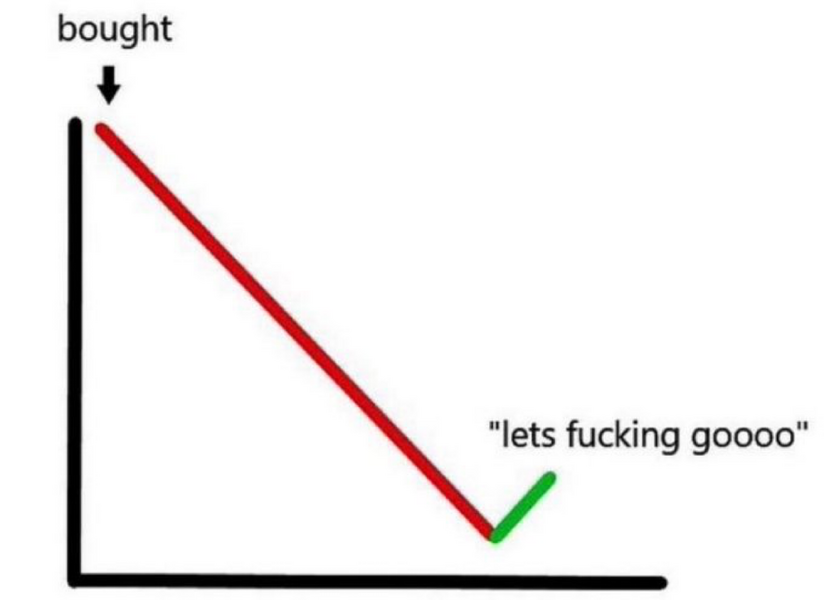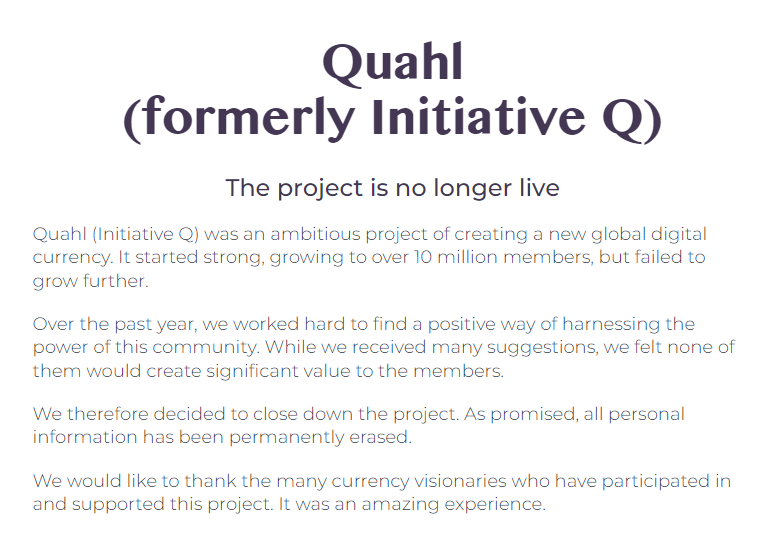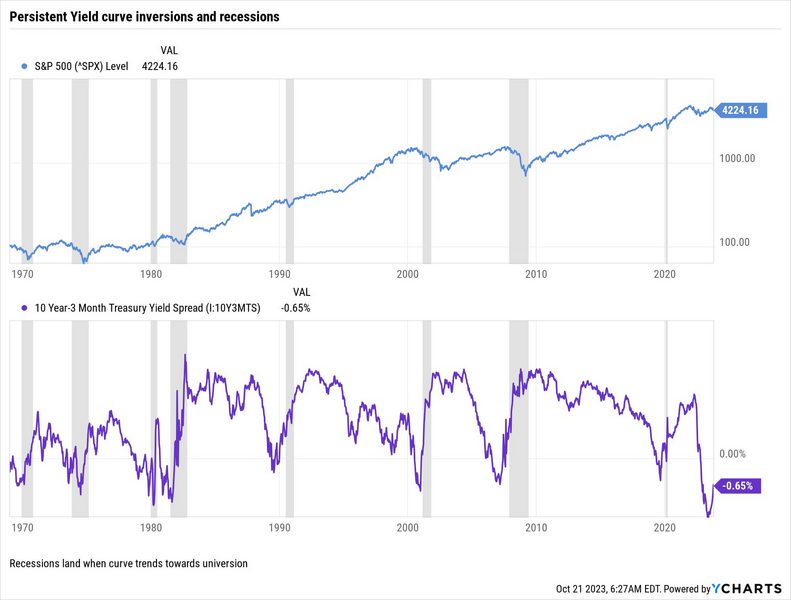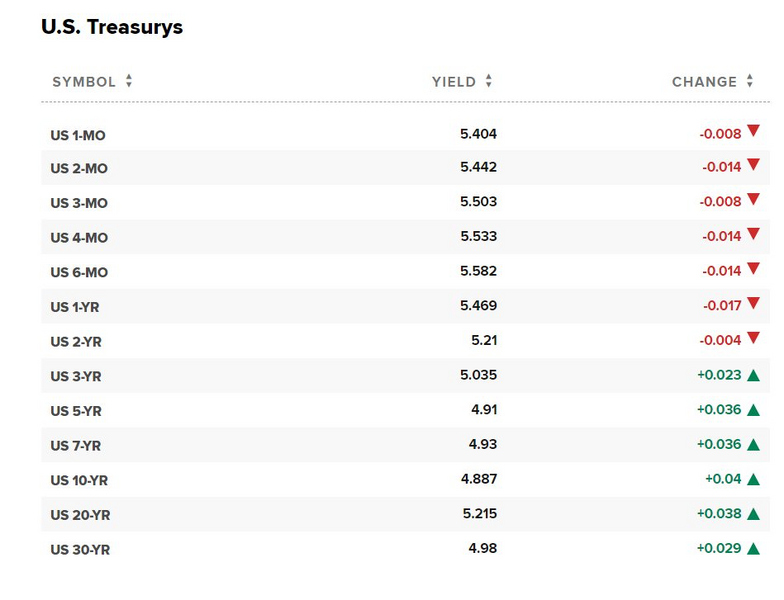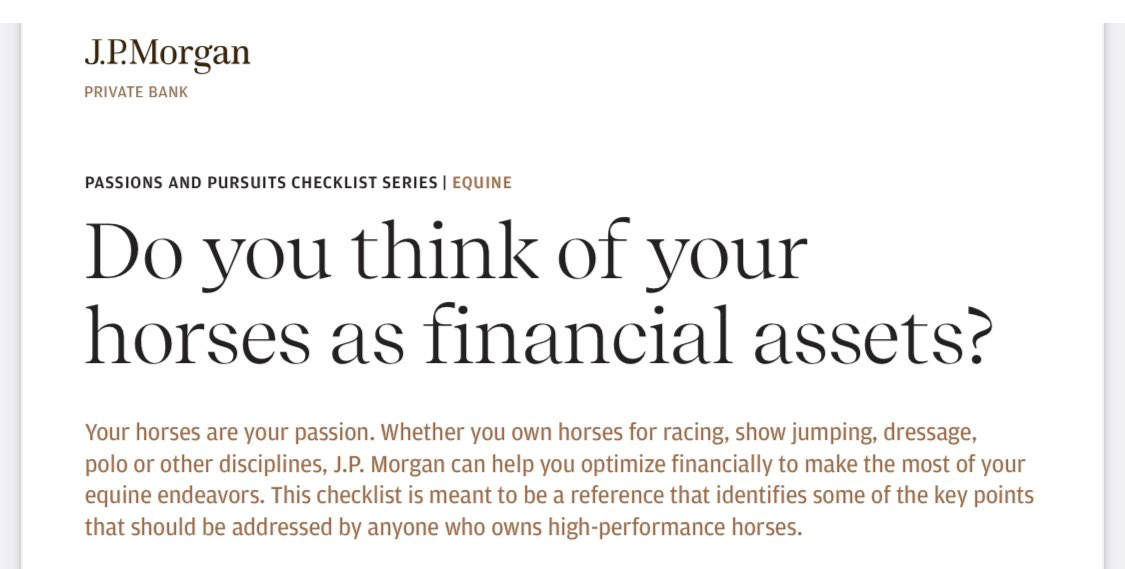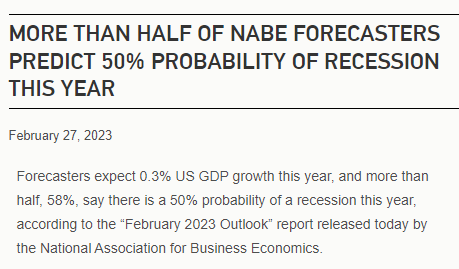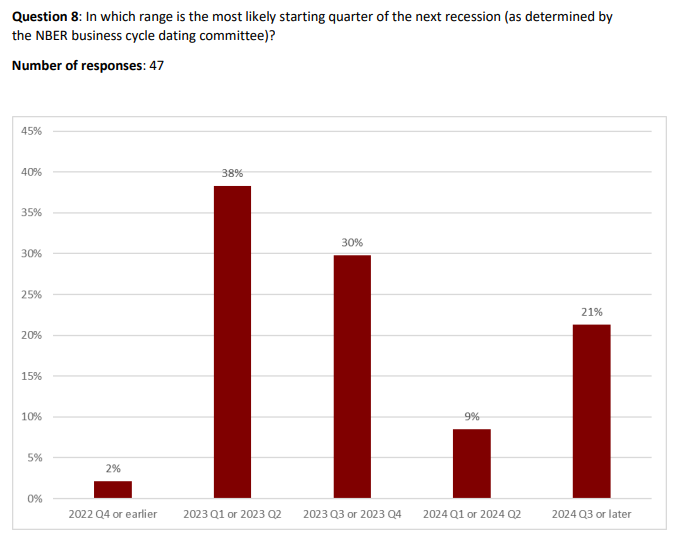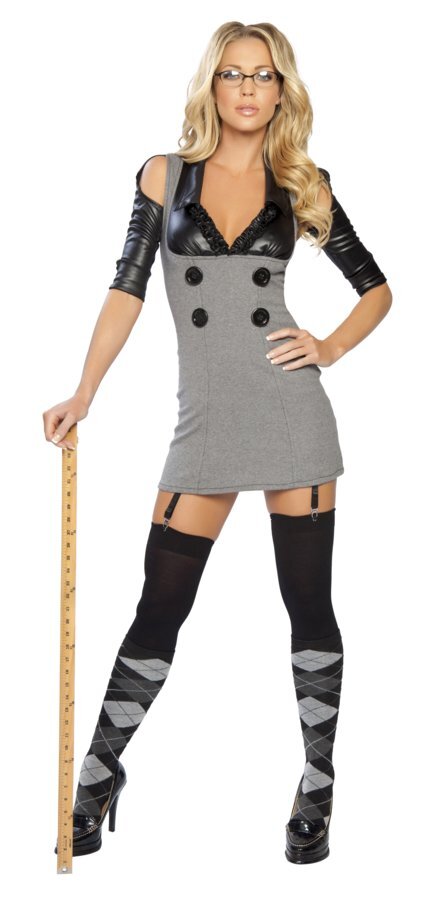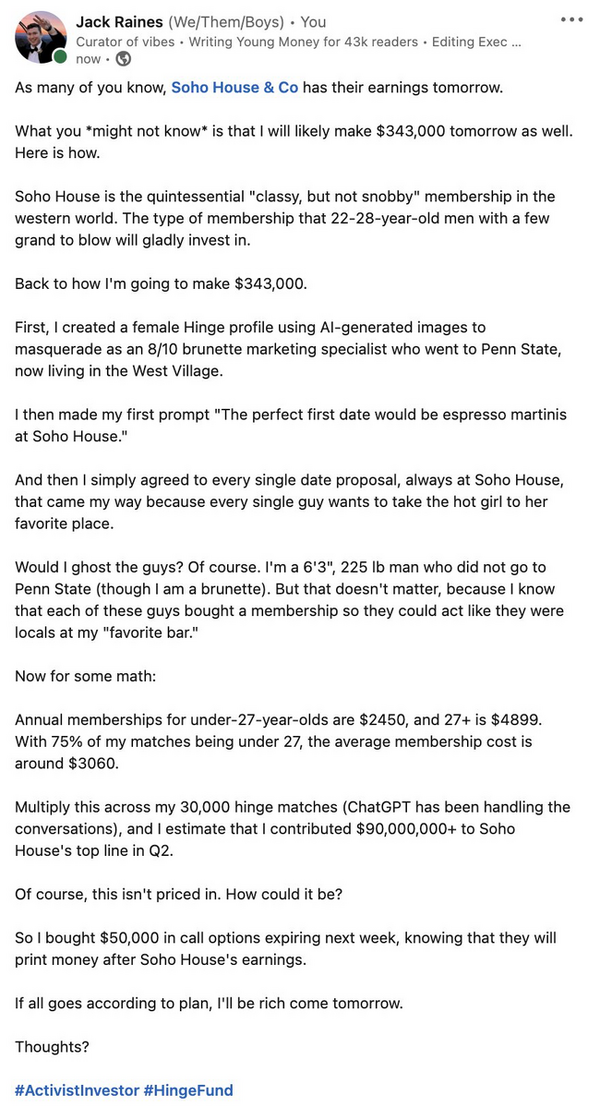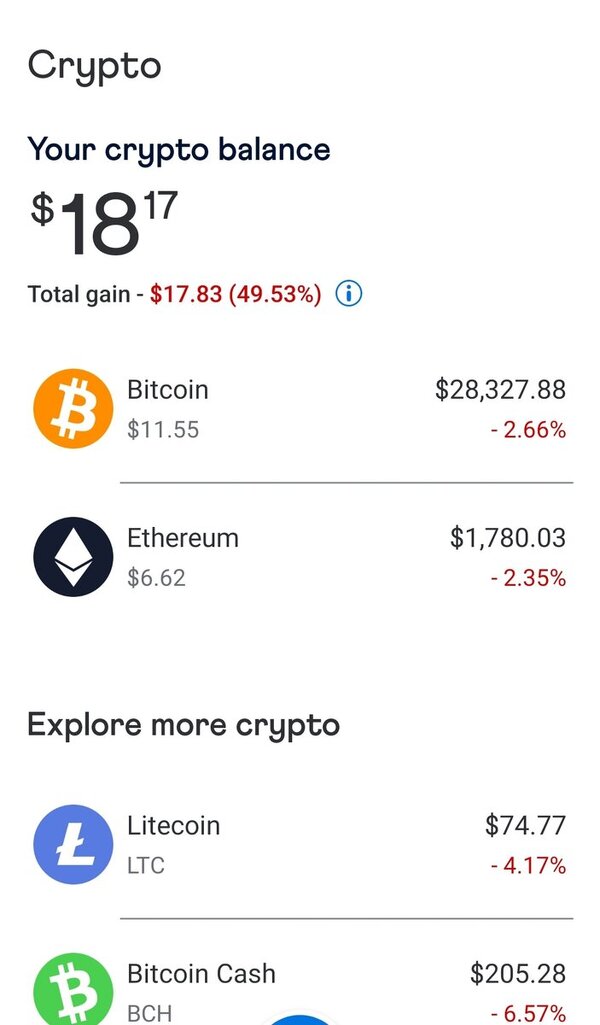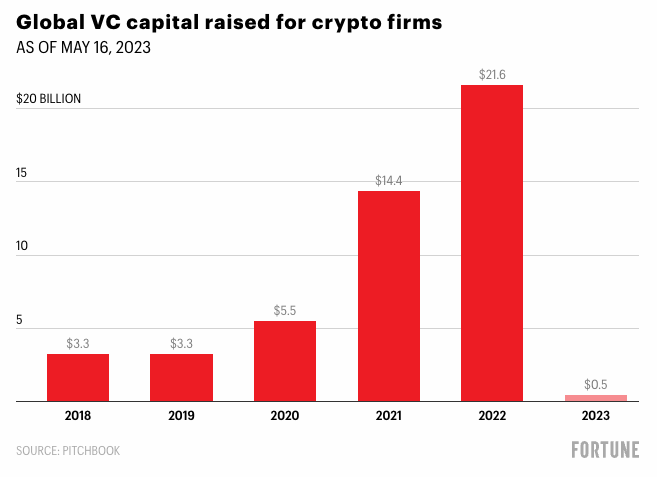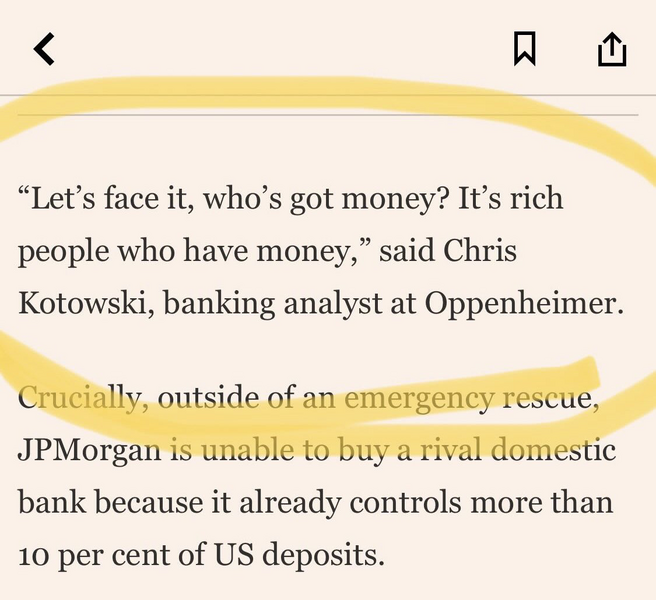idfnl
Stylish Dinosaur
- Joined
- Dec 6, 2008
- Messages
- 17,305
- Reaction score
- 1,260
At your age, I'd adjust 20% of your portfolio for trading/speculative purposes. It would require your time, otherwise don't.
Cherry picking diminishes the more data points you have. It's one reason I trade such a large body of stocks. When my stuff isn't moving with the market trend, I'm out of sync, and I have data to show it. Then I have to decide if my conviction is strong enough to think its a blip, or whether it's time to shift. I was out of sync 6 or 8 months ago, but I held to my conviction that this was a momentum market and biotech was leading the way. I believe I was right, maintain, and have added to my conviction. It's coming to roost with RHHBY's recent acquisition. I think there will be as widespread acquisition spree of young biotech names and I intend to be there for at least 1 or 2 hits.
I'm 34, invest in 5 index ETF's, all stock as I need to build up a pot of "**** You Money" for early retirement. 5% of my portfolio is for trading purposes. Started investing 2 years ago, started with picking stock, then switched into index investing in 2013.
I don't see how you can prevent people cherry pick their data to bury their loses, except perhaps to publish their annualized/YTD returns.
At your age, I'd adjust 20% of your portfolio for trading/speculative purposes. It would require your time, otherwise don't.
Cherry picking diminishes the more data points you have. It's one reason I trade such a large body of stocks. When my stuff isn't moving with the market trend, I'm out of sync, and I have data to show it. Then I have to decide if my conviction is strong enough to think its a blip, or whether it's time to shift. I was out of sync 6 or 8 months ago, but I held to my conviction that this was a momentum market and biotech was leading the way. I believe I was right, maintain, and have added to my conviction. It's coming to roost with RHHBY's recent acquisition. I think there will be as widespread acquisition spree of young biotech names and I intend to be there for at least 1 or 2 hits.

![Nod[1] :nodding: :nodding:](/styleforum_ads/smilies/nod[1].gif) ). Otherwise, you invest with a thumb up your ass. Would you like me to name 30 more like CSCO and ORCL?
). Otherwise, you invest with a thumb up your ass. Would you like me to name 30 more like CSCO and ORCL?
 myself for trading. I find that passive indexing gets rid of that anxiety in me, and helps me stay the course.
myself for trading. I find that passive indexing gets rid of that anxiety in me, and helps me stay the course.

